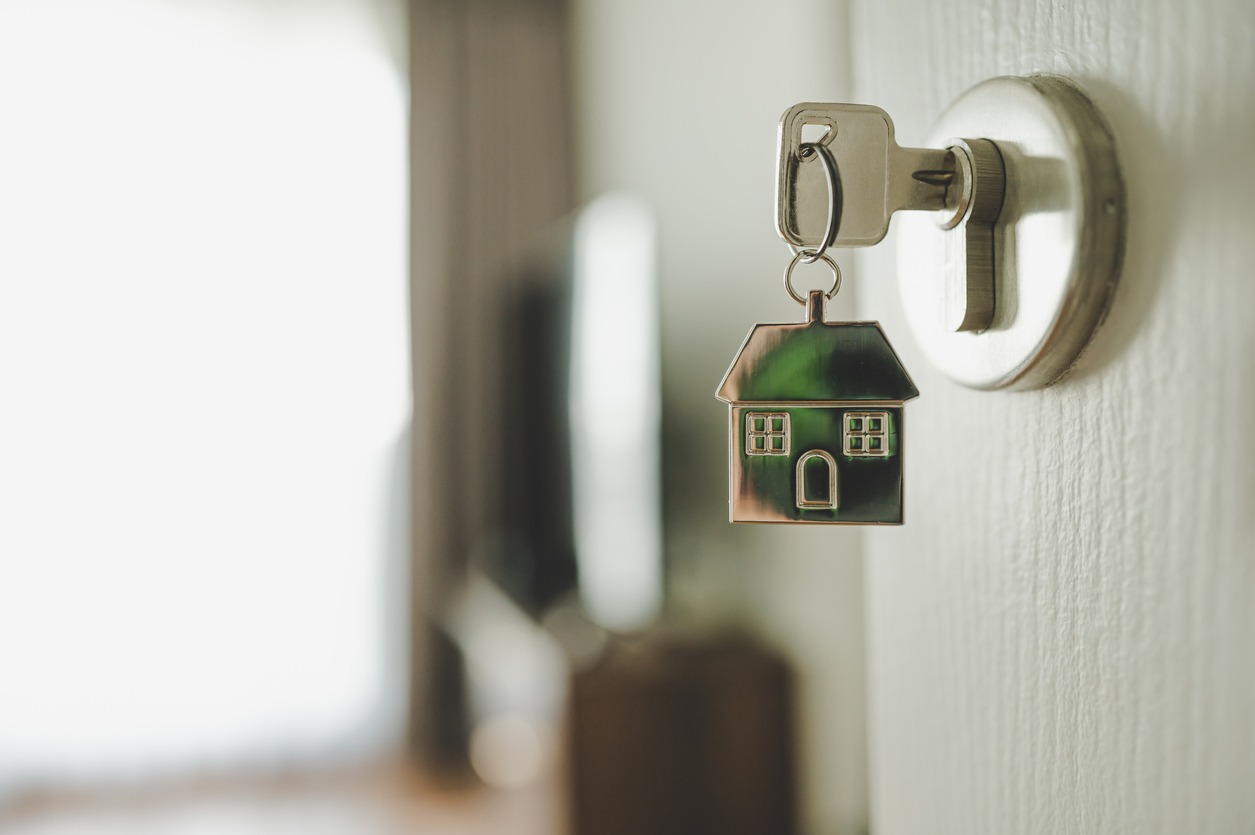The housing market is a complex beast, and getting lost in the details is easy for first-time and seasoned home buyers. But if you want to make smart decisions about buying or investing in a home or property, it’s essential to understand the basics of how the market works and what will affect your bottom line. This article will help you understand the basics of the housing market, including how it works and what factors impact the price of a home.
What is Real Estate?
Real estate is the ownership of land and the buildings on it. It can be bought, sold, or leased. Real estate is often used as an investment to build wealth and passive income.
That includes residential, commercial, industrial, retail, and vacant land properties. Real estate can also include structures such as houses and apartments. However, it is not limited to these types of properties.
The concept of real estate has been around for thousands of years. Still, real estate investing didn’t become popular until the early 1900s, when people started investing with property developers.
Housing has always been considered one of the safest investments because it has intrinsic value – meaning that no matter what happens in the economy or financial markets, people will always need places to live, work and shop. A real estate investment is a good option for building wealth.
Why is Real Estate a Great Investment?
Real estate is a great investment because it allows you to leverage your money. It means you can put up less money to buy more property. You can also get better returns on your investment than if you had put all of your money into stocks or bonds.
It is also a great investment for home buyers because it doesn’t fluctuate as much as the stock market. While there are ups and downs, real estate tends to be more stable than other investments. Most people refer to real estate as “the best hedge against inflation” because when inflation rises, so does the property’s value.
Finally, it’s an ideal investment because it provides an income stream for rental property investors. While this can be difficult for some people (especially those who don’t want tenants living in their homes), many people use rental properties as an additional source of income and savings for retirement or emergencies.
Why are Housing Prices Always Fluctuating?
The housing market is always fluctuating. It’s a fact that many people are unaware of, and it can help you understand why your home’s value changes over time.
Housing prices are constantly changing because the demand for housing varies over time. When the economy is doing well, more people are employed and have money to spend on homes. As a result, more buyers are looking to purchase a property. This increased demand causes prices to rise because there aren’t enough homes for everyone who wants to buy them.
On the other hand, when the economy isn’t doing so well, fewer people can afford homes, and therefore, fewer houses are sold each month. In this situation, there are more sellers than buyers in the market – sellers have more bargaining power over their asking prices than they would if more buyers were competing for their properties.
How to Invest in Real Estate
Investing in real estate is a great way to build wealth and increase the return on your investment portfolio.
Here are some tips for how to invest in real estate:
- Choose an area you know well: If you don’t, do a lot of research before buying. Consider factors like population growth, income levels, crime rates, etc. These factors can impact your ability to sell or rent your property later.
- Look for properties that offer good cash flow: Meaning it has positive cash flow by generating enough monthly money to cover the mortgage and expenses without dipping into your pocketbook.
- Consider your financial situation: Taking on more real estate investments is probably not a good idea if you’re in debt. Instead, focus on paying off your existing loans before taking on new ones. Choose a property that fits into your long-term goals and financial plan.
- Consider your long-term goals when choosing a property: For example, if you want to own rental properties to build up cash reserves for retirement. These select properties will likely appreciate over time due to location or other factors. Consider the costs of buying and maintaining the property before making an offer.
Now, that’s all the basics regarding the housing market! Hopefully, this information proved helpful – especially if you’re planning to become a new homeowner soon!

